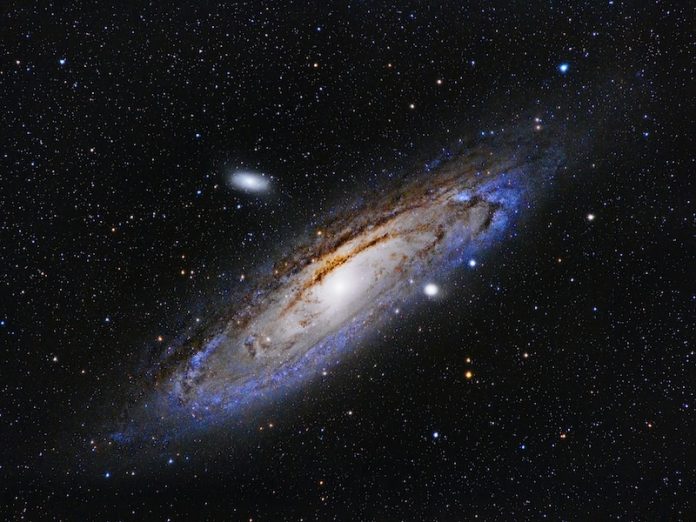
Space exploration is one of humanity’s greatest adventures, taking us beyond our planet to uncover the mysteries of the cosmos. But did you know that studying space also helps us understand where the universe came from and how it all began?
From powerful telescopes capturing light from billions of years ago to robotic missions investigating other planets, space exploration gives us clues about the origins of the universe. Let’s take a closer look at how this works and what researchers have discovered.
The story of the universe begins with the Big Bang, a massive explosion that happened about 13.8 billion years ago. This event created all the matter, energy, and space we see today.
Scientists want to know what the universe was like at the very beginning and how it evolved into the galaxies, stars, and planets we observe now. Space exploration helps answer these questions by gathering data that wouldn’t be possible to collect from Earth alone.
One major breakthrough comes from space telescopes like the Hubble Space Telescope and the James Webb Space Telescope (JWST). These telescopes are designed to observe the oldest and farthest parts of the universe.
Because light takes time to travel, looking at distant galaxies is like looking back in time. For example, in 2022, the JWST captured images of galaxies that formed just a few hundred million years after the Big Bang. By studying their light, scientists can learn about the conditions of the early universe, such as the formation of the first stars and the elements they produced.
Space exploration also helps us understand the building blocks of the universe by studying cosmic phenomena like black holes, dark matter, and dark energy. Black holes, for example, are incredibly dense regions of space where gravity is so strong that not even light can escape.
Observing these mysterious objects with satellites and telescopes helps researchers understand their role in shaping galaxies and influencing the universe’s growth. In 2019, the Event Horizon Telescope provided the first-ever image of a black hole, a discovery that deepened our knowledge of these cosmic giants.
Another way space exploration contributes to our understanding of the universe is through missions that study cosmic radiation. This includes the Cosmic Microwave Background (CMB), which is faint radiation left over from the Big Bang.
Satellites like the Planck spacecraft have mapped the CMB in detail, providing a snapshot of the universe when it was just 380,000 years old. By analyzing this radiation, scientists have learned about the universe’s age, its rate of expansion, and its composition, including the mysterious dark matter and dark energy that make up most of the cosmos.
Space missions also explore other planets and moons to study how our solar system formed. For example, rovers on Mars analyze rocks and soil to learn about the planet’s ancient environment, which might give clues about how Earth and other planets developed.
In 2020, NASA’s Perseverance rover began collecting samples that could reveal whether Mars ever had conditions suitable for life. Understanding how planets form and evolve can help us piece together the bigger picture of how the universe organizes itself.
Despite all these advances, many mysteries remain. What caused the Big Bang? What is dark energy, and why is it making the universe expand faster?
Space exploration continues to push the boundaries of what we know, giving us tools to explore these questions further. Future missions, like the European Space Agency’s Euclid telescope, aim to investigate dark energy, while new observatories on Earth and in space will look for signals from the universe’s earliest moments.
Space exploration is more than just sending rockets and robots into the void—it’s a journey to understand where we come from and how everything around us came to be.
By studying the cosmos, we’re uncovering the universe’s history and, in the process, learning more about ourselves. The quest to understand the origins of the universe is far from over, but every new discovery brings us closer to solving one of humanity’s greatest mysteries.
Copyright © 2025 Knowridge Science Report. All rights reserved.



